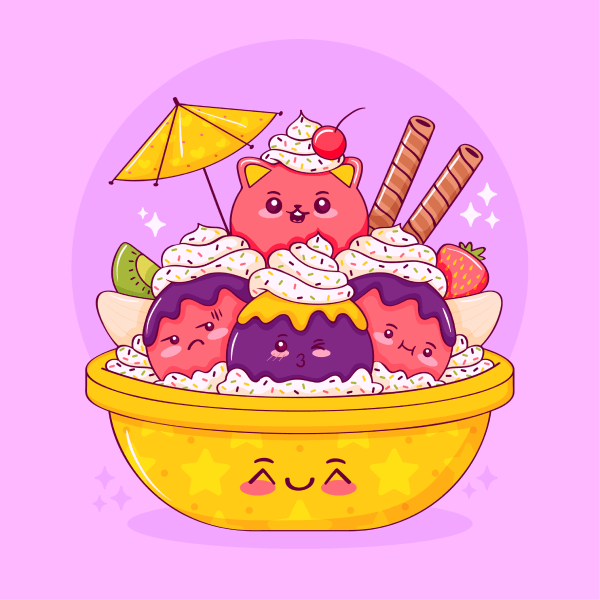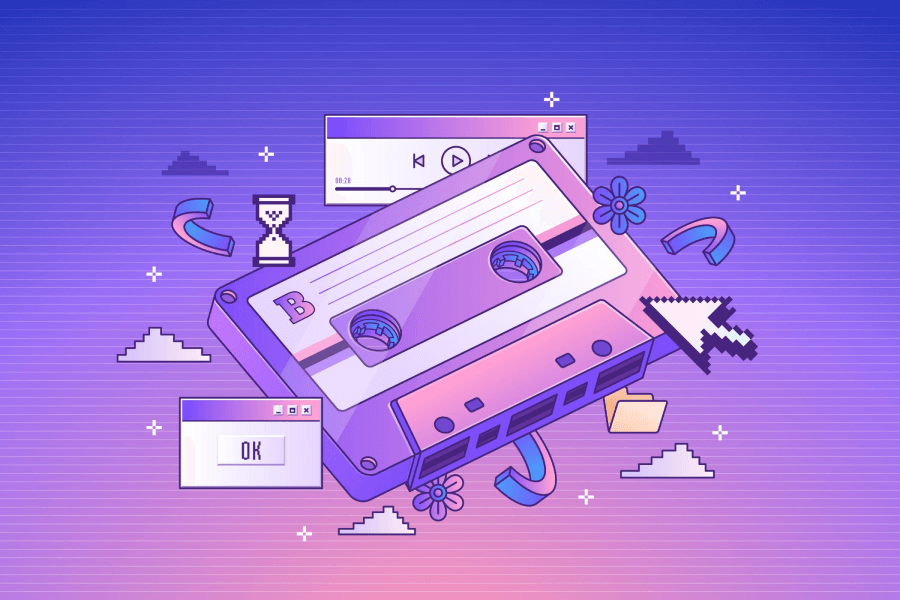5 simple (actually not so simple) tips
Picture the sky and the clouds
Or leaves in a stream. It's all about light meditation, which helps you to calm down. Often it is the anxious thoughts about difficult tasks that prevent you from doing those difficult tasks. In such moments you can close your eyes and imagine that the clear sky is you, and the clouds are anxious thoughts. And no matter how many of them there are — the clear sky will always be somewhere out there, behind the clouds, and will not go anywhere. This exercise will help you come back to the present moment, rather than worrying about potential problems from the future.
Put on some music
But not any, and not a favorite. A favorite may be associated with strong positive emotions, which are also very distracting. A quiet, calm, moderately rhythmic one will do. You can even try to play a playlist of "white noise" or neuromusic.
Take a walk
Or even go for a run. It's better to find a park or forest: one experiment showed that contemplating nature increases concentration, while viewing cityscapes decreases it. You can combine a walk with exercise or jogging to get more oxygen to the brain and make it work better. But a simple twenty-minute walk is also a great option.
Eat well
We're not your grandmother, but this is really important. Choose foods that prevent blood sugar spikes. For example, high in fiber: vegetables, berries, legumes (chickpeas, lentils, beans), brown rice, whole wheat bread.
Read
Real paper books. It really helps with concentration: to read a social media post, it takes only a few minutes or even seconds. An interesting book, on the other hand, can lengthen your attention for several hours and train your directed attention in a cool way.




